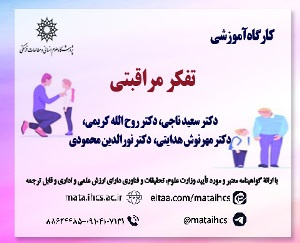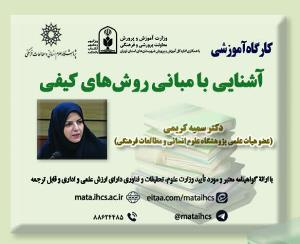کاربست روش متن پژوهی در بررسی انتقادی گرایش مذهبی هشام کلبی (مقاله پژوهشی حوزه)
درجه علمی: علمی-پژوهشی (حوزوی)
آرشیو
چکیده
یکی از آفات پژوهش، سوگیری های پیشین مبتنی بر شهرت یک مطلب و یا پذیرش بی چون وچرای باور پیشینیان در باره دیدگاه های یک مؤلف است. در این گونه موارد، بازخوانی متون برجای مانده از یک مؤلف، به عنوان گویاترین سند بازنمایی اعتقادی او، می تواند بسیار راهگشا باشد. پژوهش پیش رو، با بهره گیری از روش متن پژوهی، به بازخوانی گرایش های اعتقادی هشام کلبی پرداخته است. در پرتو این پژوهش و با توجه به آثار به جای مانده از هشام و بررسی آن در سه محور: بررسی تعابیر مربوط به خلفا، گزارش های تاریخی مؤلف و روابط و شرایط سیاسی او، این نتیجه به دست آمده است که برخلاف دیدگاه رایج در باب غالی بودن هشام کلبی در منابع فریقین، وی نه تنها شیعه غالی نبوده، بلکه حتی تشیع او نیز محلّ تردید است.The Critical Study of Hesham Kalbi’s Religious Tendency through the Text Analysis
One of the disadvantages of research is the previous biases on the basis of the reputation of one issue and the unthoughtful acceptance of ancestors’ beliefs regarding the different viewpoints of compiler. In these cases, reviewing the remained texts of a compiler as the most evident documents to represent his belief could be highly facilitative. The present research, taking advantage of text analysis, has investigated Hashem Kalbi’s ideological tendencies. According to this research and considering the remained works of Hashem and their studying in three aspects such as the study of interpretations related to caliphs, the historical accounts of compiler and his political relations and conditions, it is concluded that he is not an extremist Shi’a and there is also doubt in his being Shiite, and this is in contrast with the prevalent views related to his extremist beliefs.







